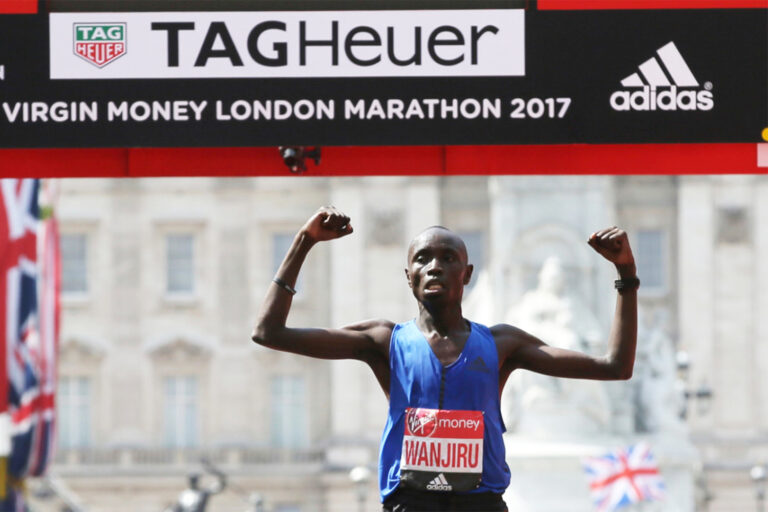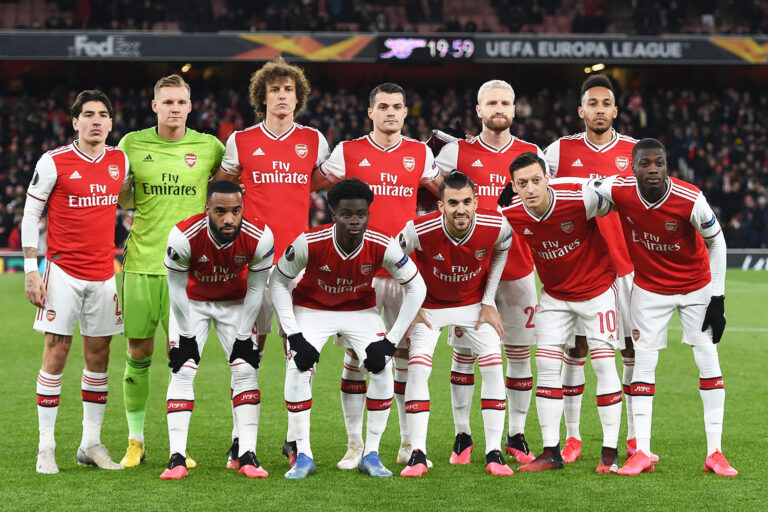World leaders call for an urgent debt moratorium and unprecedented health and economic aid packages
The outbreak and rapid spread of Covid-19 have stretched global public health systems beyond their limits and caused widespread economic, social and humanitarian damage. This virus knows no borders. Tackling it therefore requires strong international leadership, guided by a sense of shared responsibility and solidarity. In fact, only a global victory that fully includes Africa can bring this pandemic to an end. We can win this battle, but to do so we must act now, making the best use of available time and resources. Otherwise the pandemic will hit Africa particularly hard, prolonging the crisis globally. For Africa’s part, governments, medics, scientists and local communities have valuable experience in containing outbreaks. The African Union supports the co-ordinated continental response. Most countries have already taken forceful action to slow the spread of the virus; they are ready to do more. We also welcome the AU’s appointment of four special envoys to mobilise international support for Africa’s fight. Their role will be decisive in the implementation of our collective strategy. But success requires an international effort. Effective containment measures carry huge costs to health systems, economies and livelihoods. To withstand this shock, Africa needs the full support of all its partners. Governments, multilateral institutions, philanthropic and non-governmental organisations and private businesses must immediately answer the G20’s call and join forces in an unprecedented effort to consolidate Africa’s health defences. We must boost Africa’s emergency health response capacity by providing immediate support to its public health systems. All available resources within existing institutions and channels, such as the Global Fund and Gavi, the Vaccine Alliance, must be used. At the same time, existing programmes must not be weakened. We welcome the EU’s initiative for a pledging conference in May. We must deploy a huge economic stimulus package of at least $100bn, as has been assessed by Africa’s finance ministers and the UN. The aim is to give African countries the fiscal space they need to devote more public health resources to fighting the virus, while mitigating its economic and social consequences. In particular we urge the World Bank, the IMF, the African Development Bank, the New Development Bank and other regional institutions to use all available instruments and to revisit access policies and quota limitations so that low income countries can fully benefit from their support. We must instate an immediate moratorium on all bilateral and multilateral debt payments, both public and private, until the pandemic has passed. To support this process and provide additional liquidity for the procurement of basic commodities and essential medical supplies, the IMF must decide immediately on the allocation of special drawing rights. We also ask that all of Africa’s development partners ringfence their development aid budgets. We must answer the UN secretary-general’s call for an ambitious humanitarian initiative for Africa, based on the Covid-19 Global Humanitarian Response Plan, and deliver vital food and logistical supplies to communities most affected by lockdowns, social distancing and high contamination rates. That includes to refugees, migrants and internally displaced persons. The World Food Programme should lead this operation, in co-ordination with relevant organisations, and receive swift and adequate funding to achieve this end.
We must support a pan-African scientific and political mechanism that will co-ordinate African expertise with the global response led by the World Health Organization, and ensure a fair allocation of tests, treatments and vaccines as they become available. This mechanism will build on current efforts by organisations such as the Coalition on Epidemic Preparedness Innovations, the Africa Centers for Disease Control and Prevention, and national structures such as the Institut Pasteur’s network. But we especially call on the WHO, together with the World Bank, the ADB and other relevant health organisations – particularly the Global Fund, Gavi and Unitaid – to devise a joint action plan, on the basis of their respective mandates, to carry out relevant actions. This crisis has shown how interconnected we all are. No region can win the battle against Covid-19 alone. If it is not beaten in Africa, it will return to haunt us all. So let us work together, including with our G7 and G20 partners, to end the pandemic everywhere and build resilient health systems to keep our peoples safe in the future.
This is not the time for division or politics but for unity and co-operation.
Signatories: Abiy Ahmed, prime minister of Ethiopia; Guiseppe Conte, prime minister of Italy; António Costa, prime minister of Portugal; Moussa Faki, African Union Commission chair; Paul Kagame, president of Rwanda; Ibrahim Boubacar Keita, president of Mali; Uhuru Kenyatta, president of Kenya; Ursula von der Leyen, president of the European Commission; João Lourenço, president of Angola; Emmanuel Macron, president of France; Angela Merkel, chancellor of Germany; Charles Michel, president of the European Council; Cyril Ramaphosa, president of South Africa; Mark Rutte, prime minister of the Netherlands; Macky Sall, president of Senegal; Pedro Sánchez, prime minister of Spain; Abdel Fattah el-Sisi, president of Egypt; Felix Tshisekedi, president of Democratic Republic of Congo.




